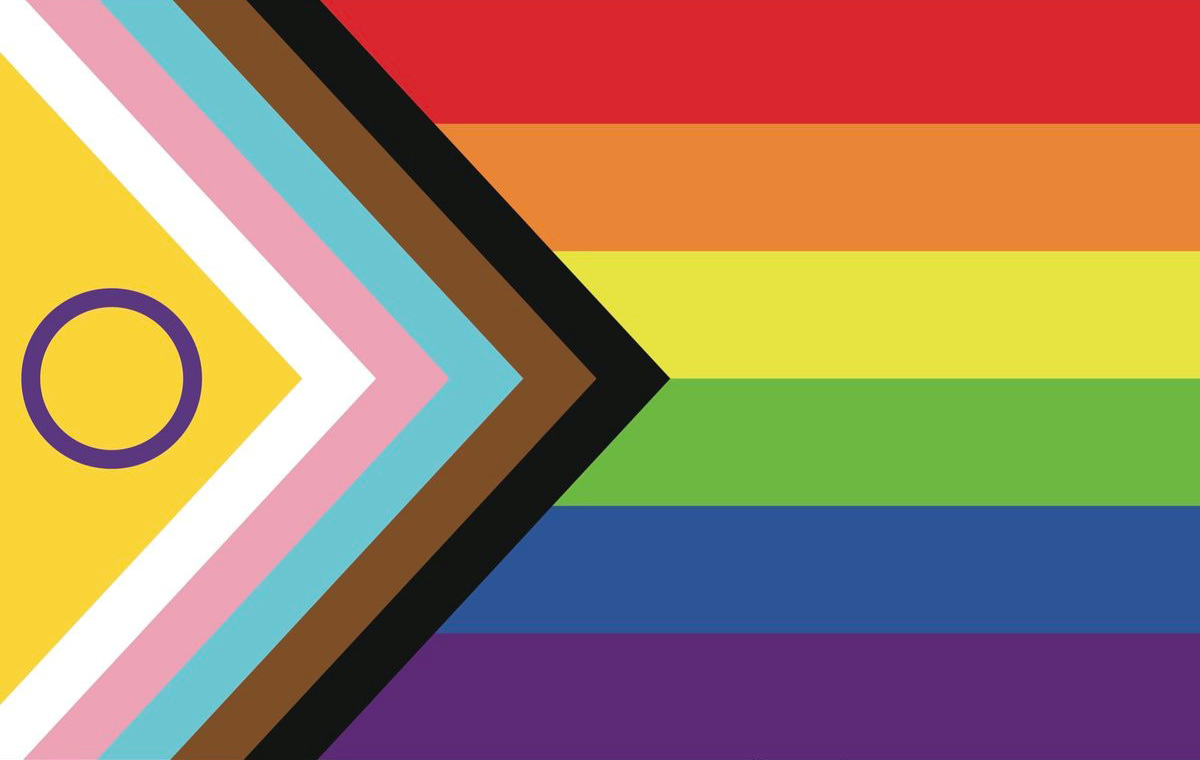Listen to the audio blog here, or continue to read below.
Dialectical Behaviour Therapy, or DBT, is a type of cognitive behavioural therapy that was created to help treat people with severe psychological issues that include chronic suicidal thoughts and borderline personality disorder. The word dialectical refers to the existence or integration of opposites, with the primary dialectic in DBT being the integration of acceptance and change strategies.
It’s important for both therapist and client to accept that any current feelings and behaviours are valid, but also that change is required to help manage emotions and move forward in a positive and healthy way. DBT has been shown to be effective when provided in person, but what about online Dialectical Behaviour Therapy?
Note that Focus Mental Wellness does not offer crisis or emergency services. If you are experiencing thoughts of harming yourself or others, or a mental health emergency, you should call 911 or go to the nearest hospital emergency room.
How Dialectical Behaviour Therapy Works
Dialectical Behaviour Therapy is typically divided into four different stages of treatment. Each stage is defined by the severity of a client’s behaviour. Here’s a quick outline:
Stage 1 – In this stage, the person is unhappy, or even miserable, and their behaviour is often beyond their control. The goal here is to move from being out of control to being in control.
Stage 2 – People in this stage often feel like they’re living a life of quiet desperation, meaning they continue to suffer even though their life-threatening behaviour is under control. The goal is to get a person to experience a full range of emotions without feeling desperate.
Stage 3 – In stage 3, the challenge is to learn how to start living by defining life goals, building self-respect, and finding happiness and peace. The goal is to lead a regular life, accepting both happiness and unhappiness.
Stage 4 – Stage four isn’t always required, but the goal is to find a deeper meaning in life through a spiritual existence.
A typical DBT program requires a one-year commitment, but there are also shorter programs available that can be helpful. There are usually five separate components to a standard Dialectical Behaviour Therapy program.
Components of a DBT Program
1) DBT Skills Training Group
A DBT skills training group is like a class that assigns tasks for people to practice between their sessions. The idea is to help introduce practical skills that can be used to replace unhealthy and negative behaviours when someone is feeling distressed. These groups typically meet once per week, and four primary skills are taught. These include:
Mindfulness – Being in the present and acknowledging thoughts, feelings, and behaviours as they occur without attempting to control them.
Distress tolerance – Learning how to cope during a crisis, especially when it’s not possible to change the situation.
Interpersonal effectiveness – The ability to ask for help when needed and to say no to others when necessary while maintaining strong relationships and self-respect.
Emotional regulation – The ability to regulate and manage emotions so they don’t manifest controlling thoughts or behaviours.
2) Individual Psychotherapy
During individual psychotherapy, both the client and therapist can work together to discuss individual goals and how to address and conquer specific life challenges.
3) Live Coaching
Live coaching is great for in-the-moment support during a stressful event to encourage someone to use the DBT skills they have learned. This is often performed by phone or text.
4) Case Management Strategies
Therapists help a client apply their DBT strategies to essentially become their own case managers, taking control of their lives and becoming autonomous.
5) DBT Consultation Team
A DBT consultation team is there to help therapists stay motivated and on top of their games to provide the very best treatment possible.
How is Dialectical Behaviour Therapy Used in an Online Therapy Session?
If your therapist recommends Dialectical Behaviour Therapy for you, and you choose to receive therapy online, it will follow the same basic format and structure as in-person treatment. This includes weekly individual therapy and group meetings, where you will learn and practice various DBT skills. Your online DBT sessions will also include a review of emotions, behavioural urges, and skills used from the previous week to help determine progress and the best way to move forward.
Modern platforms make online DBT sessions possible, and many people find it easier to attend every session and be accountable because it’s easier to fit into their lifestyles. You can still learn mindfulness, distress tolerance, interpersonal effectiveness, and emotional regulation, only it’s in the comfort of your own home. If you’ve been considering Dialectical Behaviour Therapy to help in your own life but find the travel component to be a barrier, online DBT may be exactly what you need.
Can You Do DBT On Your Own?
It can be challenging to learn the variety of DBT techniques on your own, and it can also be overwhelming when you first get started. When you are part of a formal DBT course, you’ll be encouraged to stay motivated when you feel like giving up, and you’ll always have the support you need to practice your new skills effectively.
That’s not to say you can’t use your DBT skills and exercises when you’re on your own because that is the ultimate goal, but doing the therapy in a DIY fashion is usually not recommended. In some ways, online Dialectical Behaviour Therapy is a good alternative to traditional therapy because you still get the benefits of the full treatment, but you don’t have to attend in person.
How Long Does It Take DBT To Work?
Each person is unique, and many mental health issues are quite complex, so the amount of time it would take for DBT to make a difference can vary. However, a good guide is from six months to one year before you notice a significant difference. It’s always risky to place expectations on timelines, so make sure to create realistic goals for your specific situation with your therapist.
Conditions DBT Is Best For
As mentioned above, DBT was created for people with more severe psychological issues that have difficulty managing and regulating their emotions. It can be used to treat a range of different mental health conditions, including:
- Suicidal thoughts or behaviour
- Self-harm
- Borderline personality disorder (BPD)
- Substance use disorder
- Eating disorders such as binge eating and bulimia
- Post-traumatic stress disorder (PTSD)
- Ongoing depression
- Anxiety disorders
Which is Better, CBT or DBT?
When determining if Cognitive Behavioural Therapy (CBT) or Dialectical Behaviour Therapy is better, it’s important to assess your specific condition and situation. DBT is more effective for more severe mental conditions that have the potential to result in self-harm and include emotional and social components. And for mental issues like phobias, anxiety, OCD and similar issues that may respond better to investigating how thoughts impact and affect behaviours and feelings, then CBT may be the better choice.
The main objective is to get the very best help possible, so speaking to a licensed therapist always makes the most sense. To learn more about online Dialectical Behaviour Therapy, get in touch with one of our therapists today.






